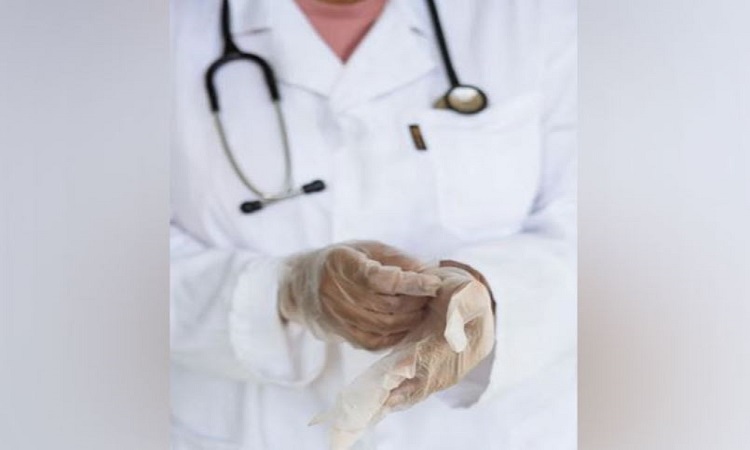
Washington DC: Age-related hearing loss is connected to a decline in cholesterol in the inner ear, according to a new study.
The research was led by Mara Eugenia Gomez-Casati from the Institute of Pharmacology, School of Medicine, University of Buenos Aires-CONICET, Mauricio Martin from the Institute of Medical Research Mercedes, and Martin Ferreyra from the National University of Córdoba in Argentina.
Experiments published in the open-access journal PLOS Biology reveal that phytosterol supplements can act in place of missing cholesterol and prevent sensory impairment in mice.
Outer hair cells (OHCs), a type of sensory cell in the inner ear, lengthen sound waves to increase their volume. Age-related hearing loss is caused by the decrease of these cells' capacity to stretch in response to sound as we get older. This prevents sound amplification.
Researchers made the hypothesis that hearing loss might be connected to a loss of cholesterol in OHCs since cholesterol is a crucial component of the stretch response and because brain cholesterol has recently been demonstrated to decline with ageing. On mice, this theory was tested.
First, the researchers measured the amount of CYP46A1 in inner ear OHCs because this enzyme helps break down and recycle cholesterol. As expected, they found more CYP46A1 in the inner ears of older mice than in younger mice, and consequently less cholesterol.
Next, they showed cause and effect by inducing hearing l Outer hair cells (OHCs), a type of sensory cell in the inner ear, lengthen sound waves to increase their volume.
Age-related hearing loss is caused by the decrease of these cells' capacity to stretch in response to sound as we get older. This prevents sound amplification.oss in young mice, as indicated by abnormal inner ear-cell output, by over-activating CYP46A1 with a drug. Finally, they tested whether increasing cholesterol in the brain could counter the drug.
Since cholesterol itself cannot actually enter the brain from the blood, the researchers used plant-based cholesterol-like compounds called phytosterols which can. The young mice who got both the CYP46A1-activating drug and 3 weeks of dietary phytosterols displayed improved OHC function.
As phytosterols can be found in many over-the-counter supplements, they could be a convenient way to combat age-related hearing loss. However, directly testing their effects on hearing loss in older mouse models as well as in humans will be necessary before more definite conclusions can be made.
The authors add, “In the present work we show that: 1) aging triggers cholesterol loss from sensory cells of the inner ear, 2) a retroviral treatment widely employed for HIV/AIDS patients reproduces the cholesterol loss observed in aged individuals and leads to impaired outer hair cells’ function and 3) we found that these defects can be partly reversed by phytosterols supplementation. Our findings are very promising because they provide the first proof-of-principle supporting phytosterols supplementation as a possible approach for prevention or treatment of hearing loss.” (ANI)







